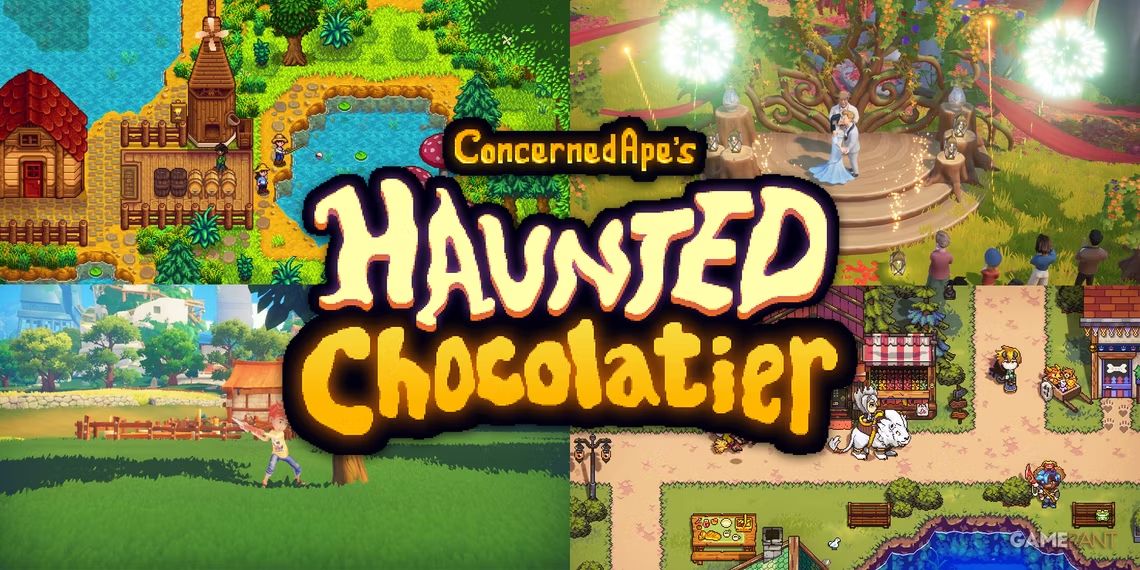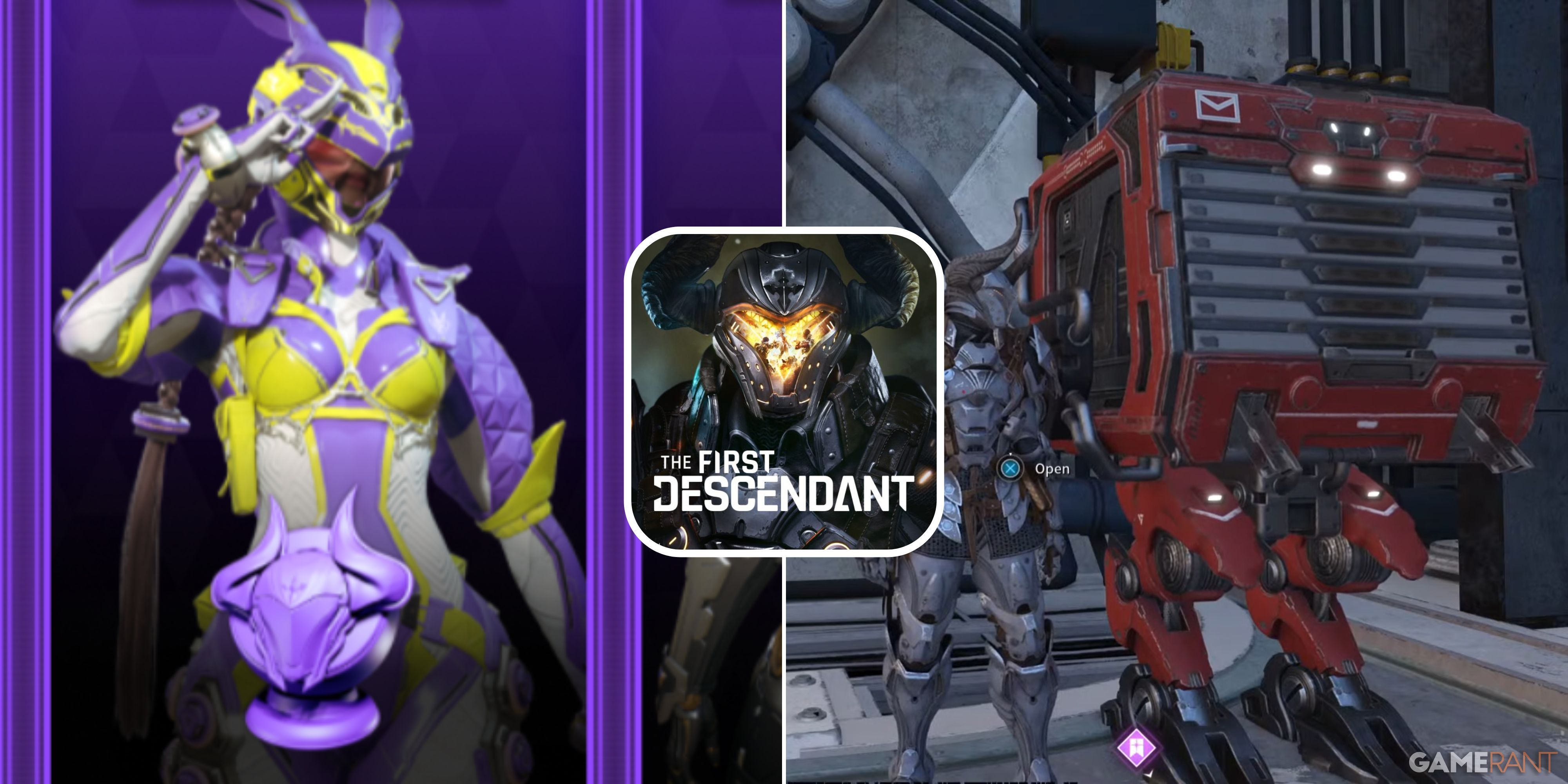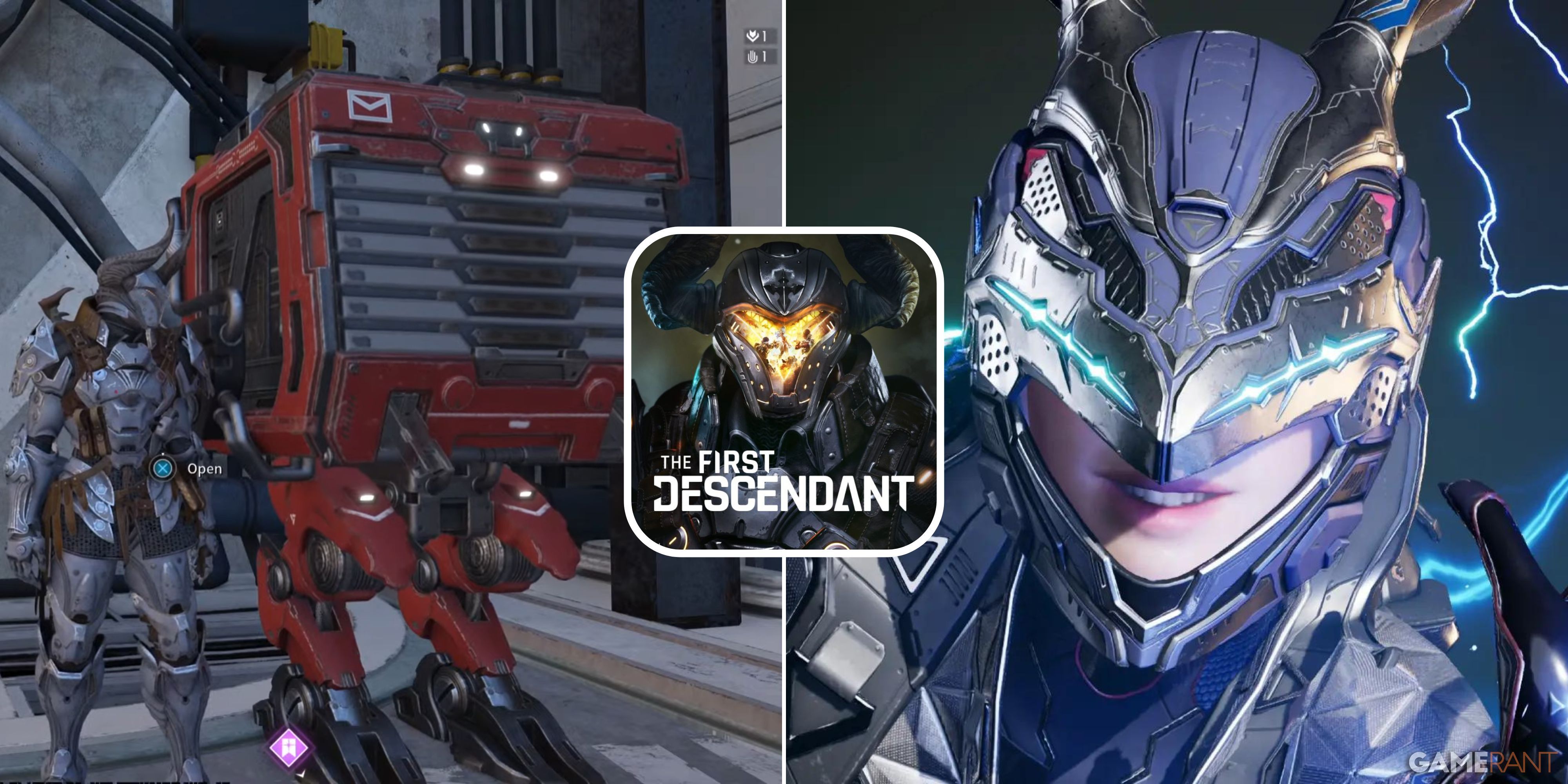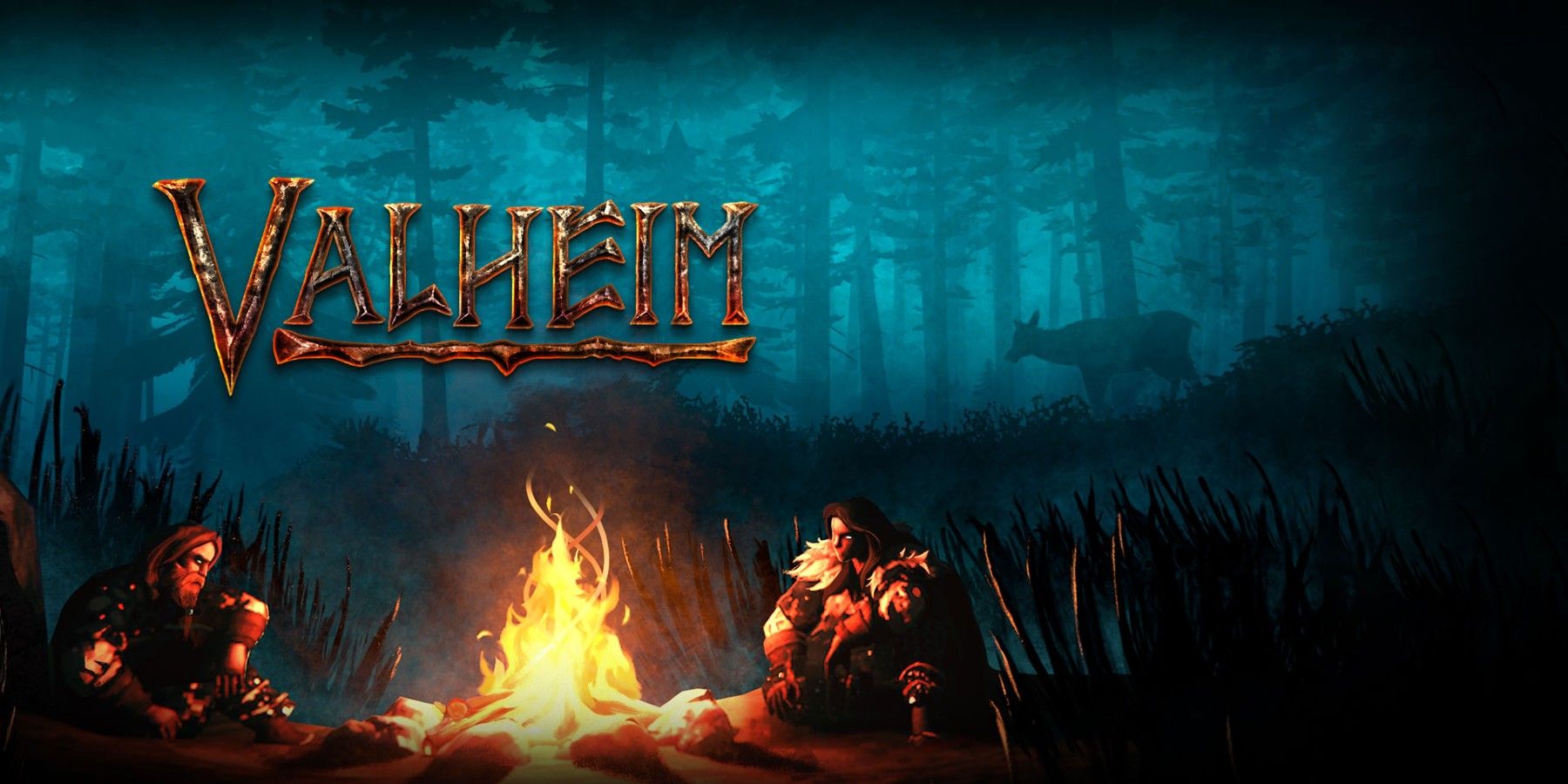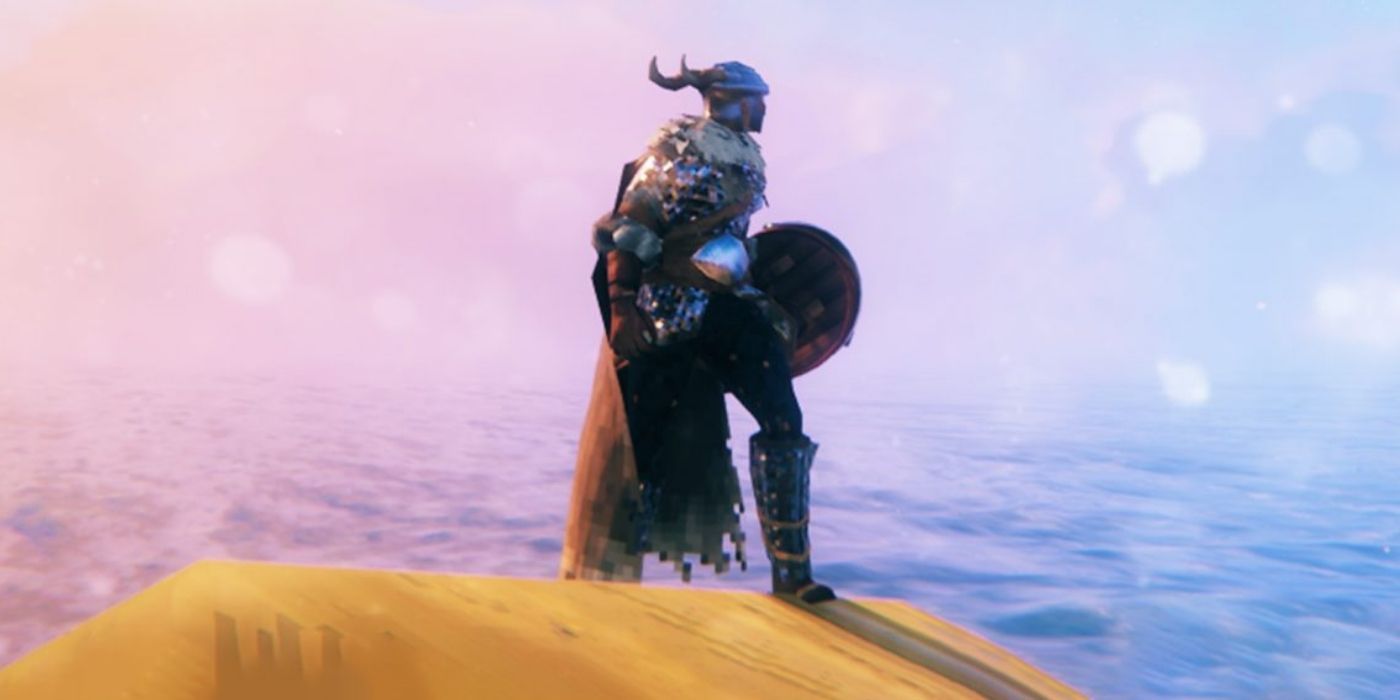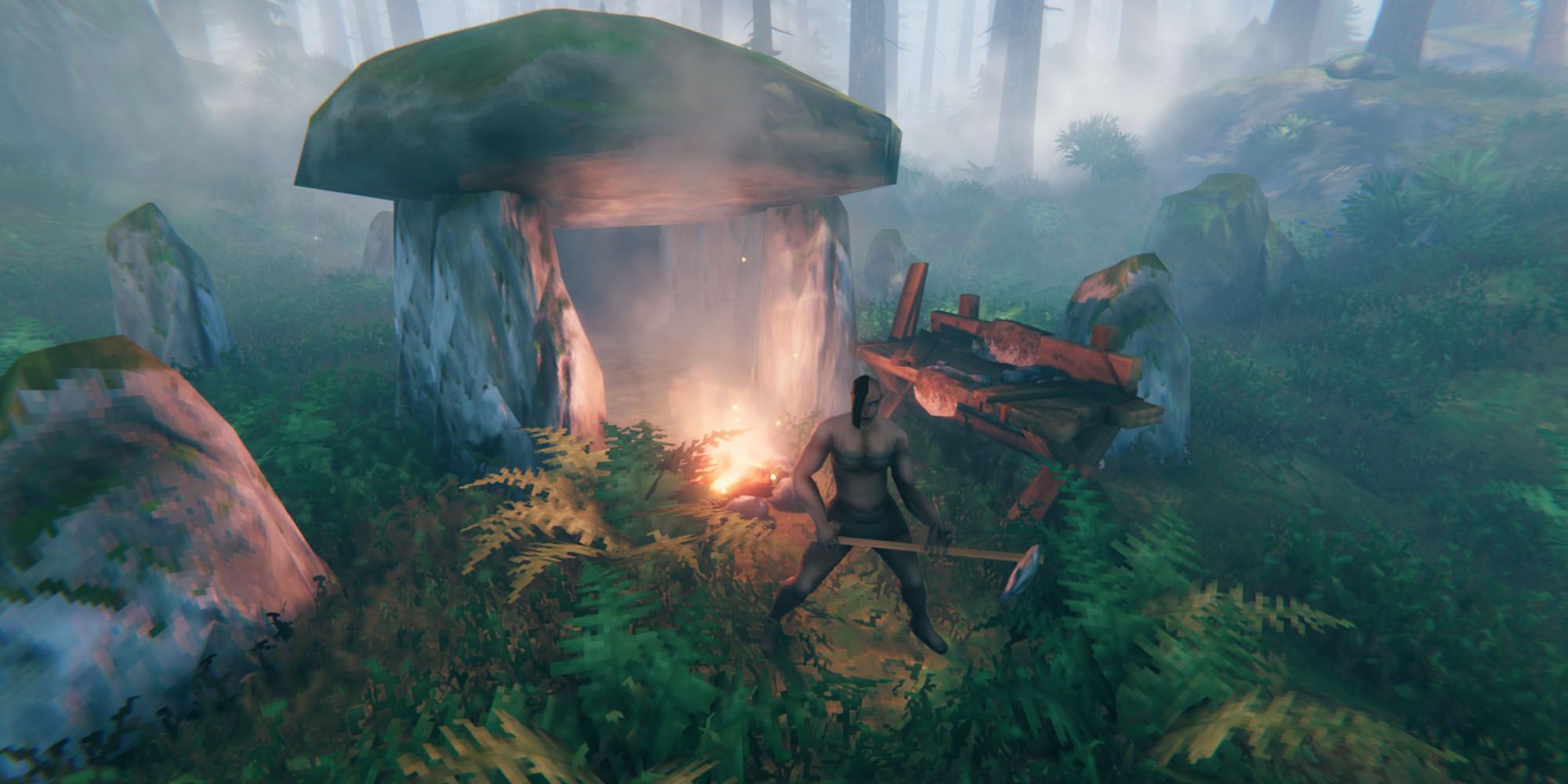Iron Gate AB and Coffee Stain Publishing's upcoming survival and sandbox game Valheim has a strong Norse focus, but some players are wondering if the title should look elsewhere for inspiration for potential expansions. Valheim was released in 2021 as an early access game, and quickly became a must-play for PC gamers. Developed by a five-person team, Valheim joined the likes of Stardew Valley to show players what is possible with only a few hands at the helm, and it gained an incredible amount of critical praise for an early access game.
With its console release coming sometime in 2023, Valheim will be adding plenty more players soon, and a whole new host of gamers will be able to experience the open-world survival game for themselves. The developer has promised future updates and expansions, with work continuing on the biomes and improving the game experience. Gameplay improvements aside, Valheim could take this opportunity to introduce a range of different mythos and move away from the over-used Norse elements that players see time and time again in a range of titles.
Why Valheim Could Move Away From Norse Mythology
Mythology has been a rich source of inspiration for a variety of video games for decades. The stories told through myths, legends, and folklore provide cultural touchstones that form the basis of modern storytelling, so it's no wonder developers turn to them to craft fictional video game worlds. Valheim is a game in a long line of releases that have been inspired by Norse mythology, featuring gods like Odin and using other Viking tropes to shape their stories and quests. In recent years, Norse mythology has been used in popular titles like God of War, Assassin's Creed Valhalla, and Hellblade: Senua's Sacrifice to name a few, showing its enduring appeal.
However, while Valheim uses its Norse roots in interesting ways and feels like a wholly original game, it does nevertheless fall into the trap of revolving around the same old Viking-themed elements that many games have used before. To help mix things up, it could be fun to add in some items, enemies, and settings that borrow from different pantheons, mythologies, and cultures. Expansions would be the perfect place to slot in these new elements, with tools, weapons, and other items from a variety of different cultures combining with the Viking aspects to create something more unique.
A Fresh Start for Valheim
Moving away from a focus on Norse culture could muddy the waters a bit when it comes to Valheim's core aspects. The game works so well because it's thematically coherent, narratively sound, and ties in well with the premise of gamers having to prove themselves worthy of Valhalla. The Viking elements are crucial in all of these strands of Valheim, and it's what brings them all together to create a fun, slick, and clever game. Adding things from other mythologies or cultures could just create confusion and diminish the appeal of the original game.
One solution to this problem of Viking fatigue that would still maintain the structure of Valheim would be to create a sequel instead. Valheim would remain a purely Norse-focused game and players wouldn't have to contend with potentially gimmicky expansion items attempting to bring in some diversity, and the next title could keep the excellent gameplay intact while pursuing new mythological inspirations. For example, an open-world survival game based on Egyptian mythology with all of Valheim's features could be great, with players tasked with avoiding the traps and tribulations of the afterlife on their way through Duat to be judged by Osiris. Norse content seems to be the top of Valheim's mind for now, but maybe Iron Gate and Coffee Stain will have different ideas later on.
Valheim is available now in early access for PC and releases in early 2023 for Xbox One and Xbox Series X/S.

